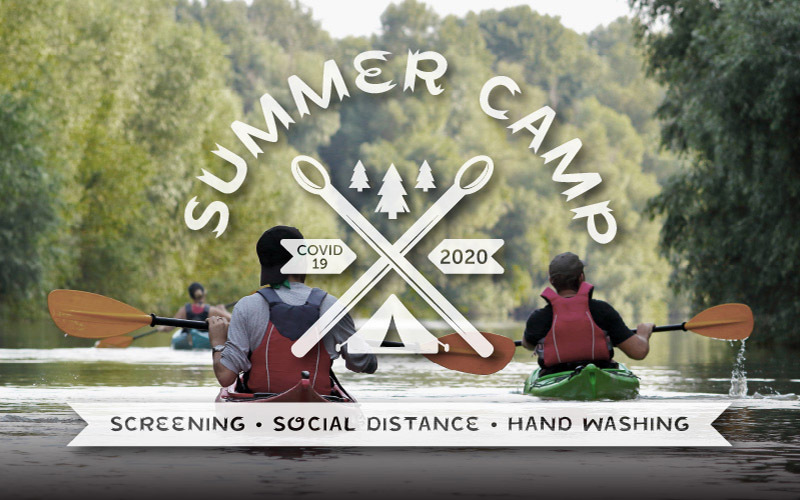Most parents remember to put sunscreen on their kids when going to the beach or pool, but did you know that sunscreen should be used every day?
With spring in full swing and summer around the corner comes the widespread concern over choosing an appropriate sunscreen. With so many to choose from and an ever increasing SPF (sun protection factor), it’s easy to see why it can get confusing. Most dermatologists agree that anything over an SPF of 45 offers little extra advantage (less than 1%). In fact, the FDA is working on a new labeling system for sunscreens, and says it plans to limit SPF claims to 50+. What’s more important than the SPF number is remembering to apply sunscreen generously and often. As a rule of thumb, sunscreen should be applied daily, and not just on sunny days. It should be applied every two hours while outdoors and more often if your child is sweating or getting wet.
Sunscreen works, but protecting against ultraviolet rays requires a lot more than sunscreen alone. In addition to wearing a good sunscreen, you still need to take other precautions. Keep your kids in the shade when possible, and stay inside when UV radiation levels are highest, usually from 10 a.m. to 4 p.m. Have your kids wear a hat and sun-protective clothing, preferably with a UVP (ultraviolet protection rating) on the label. And most importantly, babies under 6 months should be kept out of the sun altogether.
Now for choosing a sunscreen: First and foremost, make sure it’s kid-friendly. The sensitive skin of babies and children is easily irritated by chemials in adult sunscreens, so avoid suncreens with para-aminobenzoic acid (PABA) and benzephenones like dioxybenzone, oxybenzone, or sulisobenzone. Children’s sunscreens use ingredients less likely to irritate the skin, like titanium dioxide and zinc oxide. Unlike chemical ingredients, these protect babies’ skin without being absorbed.
For children 6 months and older, look for a sunscreen designed for children that is labeled “broad spectrum,” to ensure that your baby is protected from both UVA and UVB rays. The AAP recommends using a sunscreen with an SPF of 15 or higher, but many experts (as well as myself) recommend an SPF of 30 or higher for babies (you will probably notice that most baby sunscreen formulas have higher SPFs).
There are plenty of options to choose from, so here’s a quick list of my favorites: Aveeno Baby, Neutrogena Pure and Free Baby, California Baby, Mustela High Protection Sun Lotion, and Blue Lizard. All of these offer excellent protection, are safe on sensitive skin, and are chemical free.
One final note, remember, sunscreen doesn’t work unless it is applied generously and often, even on cloudy days!



